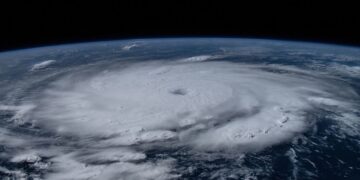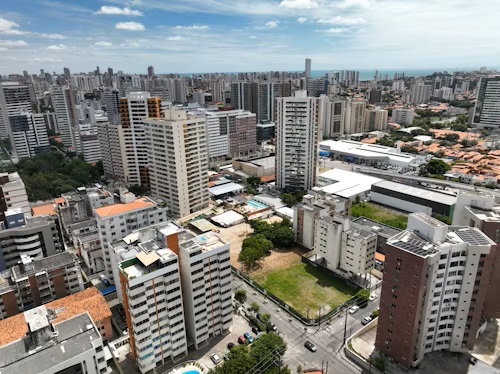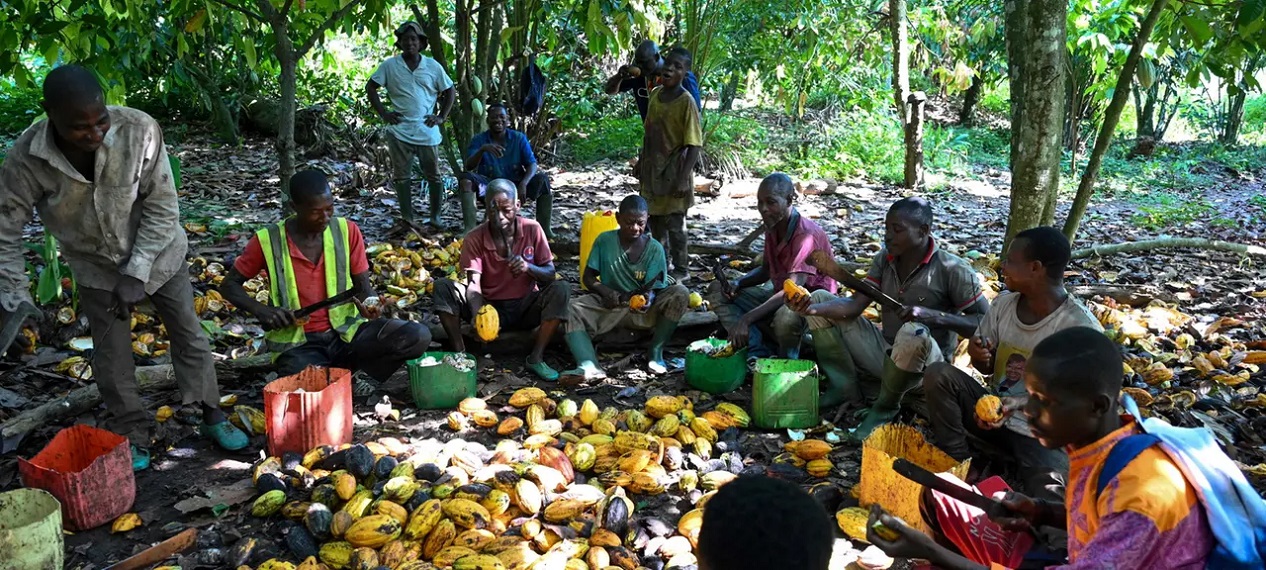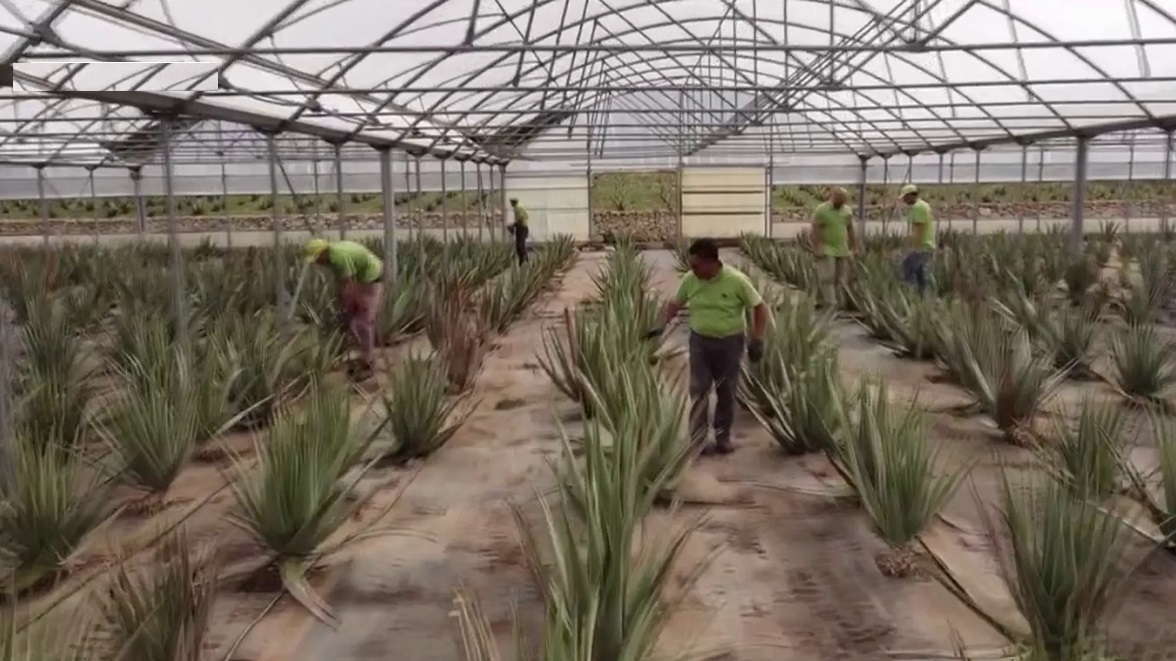Business in Brazil: Opportunities and Challenges in South America’s Largest Economy
Brazil, the largest country in South America and the world’s twelfth-largest economy by nominal GDP, is both a powerhouse and a paradox in the global business landscape. Known for its vast natural resources, dynamic industries, and expanding consumer base, Brazil offers immense opportunities for entrepreneurs, investors, and multinational corporations. Yet, persistent structural challenges, regulatory hurdles, and political volatility often temper its potential.
Economic Snapshot
Brazil’s economy is highly diversified, ranging from agriculture and mining to manufacturing and services. According to World Bank data, Brazil’s GDP exceeds $2 trillion, making it the most influential economy in Latin America. Despite this, the country has struggled with cyclical recessions, high inflation, and income inequality.
The Brazilian real (BRL) often experiences volatility, tied closely to global commodity prices and domestic fiscal policy. Inflation remains a central concern, while interest rates, controlled by the Central Bank of Brazil, play a pivotal role in shaping the business environment.
Key Industries and Sectors
-
Agriculture and Agribusiness
Brazil is one of the world’s largest agricultural producers and exporters. It dominates the global markets in soybeans, coffee, sugar, beef, and poultry. Agribusiness accounts for a significant portion of GDP and export revenues, making the sector a foundation of Brazil’s economic strength. -
Energy and Natural Resources
Brazil has vast reserves of iron ore, oil, and natural gas. It is home to Petrobras, one of the largest energy companies in Latin America. The country is also a leader in renewable energy, with hydroelectric power generating about two-thirds of its electricity, alongside rising investments in wind and solar. -
Manufacturing and Industry
The industrial base spans automotive, aerospace, and consumer goods. Embraer, the world’s third-largest commercial aircraft manufacturer, exemplifies Brazil’s industrial capabilities. However, high production costs and infrastructure inefficiencies often weigh on competitiveness. -
Technology and Startups
Brazil has seen a surge in its digital economy, particularly in e-commerce, fintech, and healthtech. São Paulo and Florianópolis have become vibrant startup hubs, with companies like Nubank (digital banking) achieving global recognition.
Trade and Investment
Brazil’s strategic location and vast consumer market make it attractive to foreign investors. The country is a leading member of Mercosur, a South American trade bloc, and maintains trade relations with the United States, European Union, and China (its largest trading partner).
-
Exports: Soybeans, crude oil, iron ore, meat, coffee.
-
Imports: Machinery, electronics, chemicals, and pharmaceuticals.
Despite this, trade barriers, protectionist policies, and a complex tax system often frustrate international business operations. Still, ongoing reforms aim to simplify tax structures and enhance competitiveness.
Business Environment
Brazil’s regulatory environment has long been cited as one of the most challenging aspects of doing business in the country. Bureaucracy, high taxes, and unpredictable policy shifts pose obstacles. According to global business rankings, Brazil often lags behind in ease of doing business metrics, especially in areas like starting a business, paying taxes, and enforcing contracts.
However, progress has been made in digitalizing government services, streamlining company registration, and encouraging foreign direct investment (FDI). The government also actively promotes infrastructure development—roads, ports, and airports—to improve logistics efficiency.
Challenges
-
Political and Economic Volatility: Frequent policy shifts, corruption scandals, and inflationary pressures create uncertainty.
-
Income Inequality: Despite growth, Brazil struggles with stark social disparities.
-
Infrastructure Gaps: Transport and logistics remain underdeveloped compared to the country’s size.
-
Complex Taxation: Businesses face one of the most complicated tax systems in the world.
Future Outlook
Brazil is at a crossroads. Its vast natural resources, youthful population, and technological potential position it as a global player in the 21st century. Renewable energy, agritech, and fintech are emerging as high-growth sectors, while ongoing reforms could enhance transparency and investor confidence.
If Brazil can balance economic growth with social development and overcome its bureaucratic hurdles, it will continue to be a magnet for business opportunities not only in South America but across the global stage.













